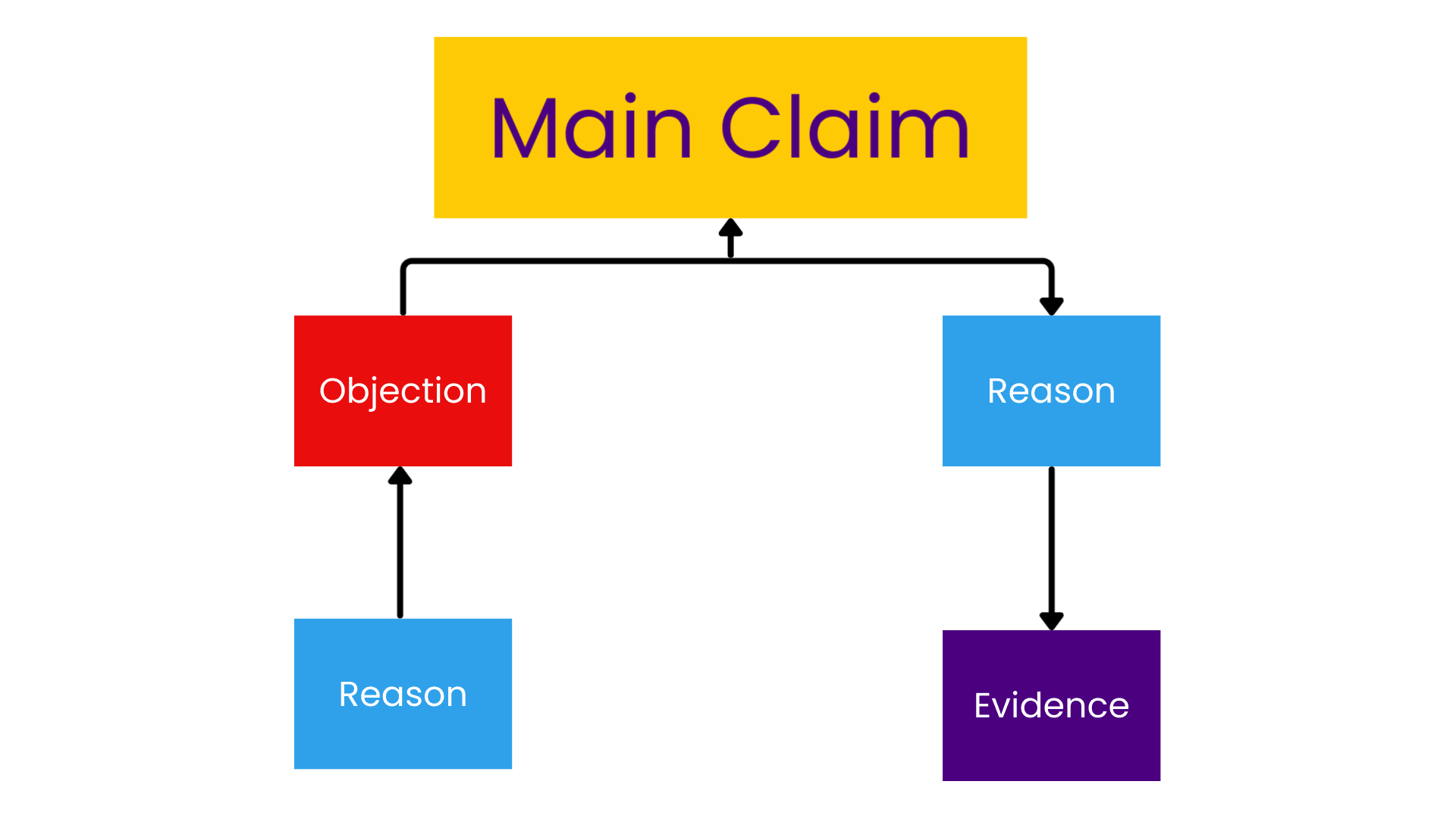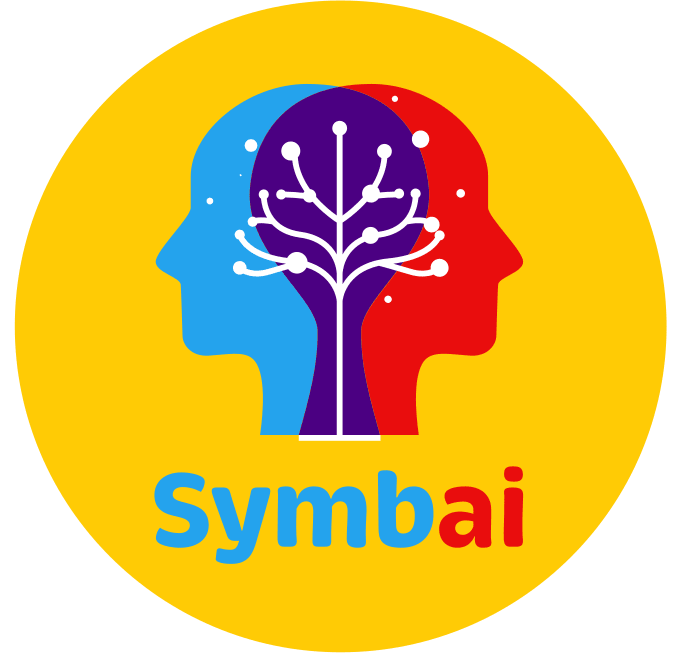Debating and Critical Thinking FAQ
Questions, Answered
Essential skills for academic success and career advancement
Understanding Critical Thinking
What is critical thinking and why does it matter?
Critical thinking is the ability to analyze information objectively, evaluate evidence, identify logical flaws, and form well-reasoned conclusions. It’s essential because 60% of US managers report it as the skill most lacking in college graduates, yet 93% of employers consider it more important than a candidate’s undergraduate major.
In today’s information-rich world, being able to separate fact from opinion and strong arguments from weak ones is crucial for academic success, career advancement, and making good life decisions.
How can you tell if someone is a good critical thinker?
Good critical thinkers ask probing questions, examine evidence carefully, consider multiple perspectives, recognize their own biases, and can explain their reasoning clearly. They don’t just accept information at face value – they ask “What’s the evidence?” “Are there other explanations?” and “What are the implications?” They’re also willing to change their mind when presented with better evidence.
What's the difference between critical thinking and just being critical?
Critical thinking is constructive analysis aimed at understanding truth and finding the best solutions. Being critical often means fault-finding without offering alternatives. Critical thinkers evaluate both strengths and weaknesses of ideas fairly, while simply being critical tends to focus only on negatives. Critical thinking requires evidence and reasoning; being critical can be based purely on emotion or bias.
Learning to Debate
What are the benefits of learning to debate?
Debate training offers measurable benefits:
- Students show a 50% improvement on critical thinking tests after one year of competitive debating (compared to 31% for logic classes).
- Debate skills help you organize thoughts clearly, research thoroughly, anticipate counterarguments, and present ideas persuasively.
- These abilities are valuable in everything from job interviews to family discussions to civic participation.
How do you structure a good argument?
A strong argument has three key elements:
- a clear claim (what you’re arguing),
- solid evidence (facts, statistics, expert opinions, examples),
- and logical reasoning that connects your evidence to your claim.
Effective arguments also acknowledge potential objections and explain why they don’t undermine the main point. Visual tools like argument maps can help you see these connections clearly.
What makes someone good at debating?
- Good debaters listen carefully to understand their opponent’s position
- research thoroughly to build evidence-based cases, think quickly to adapt their arguments,
- present ideas clearly and confidently.
- They focus on the strength of ideas rather than personal attacks,
- They can find flaws in reasoning while building constructive alternatives.
- Most importantly, they see debate as a way to find truth, not just win arguments.
How can beginners improve their debate skills?
- Start by practicing with topics you care about, since passion helps overcome nervousness.
- Learn to identify the main issue in any disagreement and separate it from side points.
- Practice building arguments with clear evidence and reasoning.
- Try arguing for positions you don’t personally agree with – this builds empathy and shows you multiple perspectives.
- Tools that provide structured practice with immediate feedback can accelerate learning significantly.
Practical Applications
How does critical thinking help in everyday life?
Critical thinking helps you make better decisions about everything from major purchases to career choices.
- It helps you spot misleading advertising, evaluate news sources, understand political arguments, and avoid scams.
- In relationships, it helps you understand different perspectives and resolve conflicts constructively.
- At work, it helps you solve problems systematically and communicate ideas persuasively
Can children learn debating and critical thinking?
Absolutely! Children are naturally curious and love asking “why,” which is the foundation of critical thinking. Age-appropriate debate activities help kids organize their thoughts, support their opinions with reasons, and listen to others respectfully. Visual tools can make complex logical relationships easier for young minds to grasp. The key is matching the complexity to their developmental stage while encouraging their natural questioning instincts.
How can teachers incorporate more critical thinking into their classes?
Teachers can use structured debate activities across any subject – from “Should Romeo and Juliet be considered a love story?” in English to “Is solar power better than wind power?” in Science.
The key is providing clear frameworks for students to organize their thinking and giving them opportunities to practice with immediate feedback.
Many teachers find that visual argument mapping helps students see logical connections more clearly than traditional essay formats
What's the connection between debate and essay writing?
Common Challenges
Why do some people struggle with logical reasoning?
Logical reasoning requires practice, just like any skill. Many people haven’t been explicitly taught how to identify assumptions, evaluate evidence, or spot logical fallacies. We’re also naturally prone to confirmation bias (seeking information that supports what we already believe) and emotional reasoning (letting feelings override logic). Regular practice with structured feedback helps overcome these natural tendencies.
How can you stay objective when debating emotional topics?
- Focus on evidence rather than personal feelings, acknowledge that reasonable people can disagree, and remember that changing your mind based on better evidence is a sign of intellectual strength, not weakness.
- Take breaks if emotions run high, and try to understand why the topic matters to your opponent.
- Sometimes the best debates happen when both sides care deeply but commit to following evidence wherever it leads.
What if students find debate intimidating or boring?
- Many students who initially resist debate discover they enjoy it once they try it in a supportive environment.
- Making debate visual and game-like can reduce intimidation while increasing engagement.
- Starting with topics students care about helps build confidence.
- When students see debate as intellectual puzzle-solving rather than confrontation, they often find it surprisingly enjoyable.
Technology and Learning
What are the technical requirements?
Symbai is web-based and requires:
- Internet Connection: Broadband recommended
- Modern Web Browser: Chrome, Firefox, Brave, or Edge (updated versions) – Some of our visual elements are not supported by Safari. Symbai detects when Safari is being used and reminds the user to use another browser.
- Device: Works on computers, tablets, and Chromebooks
- No Installation: Everything runs in the browser
- No Special Hardware: Standard school computers are sufficient
Is student data secure on Symbai?
Yes, we take data security seriously:
- All data is encrypted in transit and at rest
- We comply with New Zealand privacy laws
- No student personal information is shared with third parties
- Teachers control all student account creation
- Regular security audits and updates
Getting Started
How can AI help with learning debate and critical thinking?
- AI can provide patient, available-anytime practice partners that adapt to student skill levels. Unlike human opponents who might be unavailable or mismatched in ability.
- AI can provide appropriately challenging practice while giving immediate feedback on argument structure and logical consistency.
- Advanced AI systems can even visualize argument relationships to help learners see logical connections more clearly
Is it better to learn debate online or in person?
Both have advantages. In-person debate offers social interaction and reading body language, while online platforms can provide 24/7 availability, personalized difficulty levels, and visual tools that make complex logic easier to understand. Many successful programs combine both approaches – using online tools for individual skill-building and in-person sessions for social aspects and tournament preparation.
What others are saying
“I believe Symbai has the potential through its unique multi-AI approach to become ubiquitous in the field of critical thinking in the way that Grammarly is associated with writing or Quizlet is with flash cards.”
Nick Hanne
Education Partnerships Manager at the Free Speech Union NZ
“Symbai fills a major gap in education — it equips students to think logically, independently, and critically. Unlike other tools, it offers a neutral, AI-driven platform where students can genuinely practise debating and refine their thinking. It’s like having a 24/7 mentor that challenges without bias. A powerful solution for those seeking depth over group think in today’s education landscape.”
Todd Roughton
Former Principal, HSNZ
The Two Most Effective Ways to Improve Critical Thinking
Unified in Symbai
Hundreds of thousands of students across 60 countries choose to spend their free time in formal debating competitions because it improves their critical thinking skills.
Formal debating improves:
Dynamic reasoning — adapting ideas under pressure
Strategic thought — anticipating and countering objections
Cognitive discipline — structuring arguments with clarity and purpose
Increases Critical Thinking By Up To 50%
8.6% Critical Thinking Gains In Just 3 Weeks
9 in 10 former debaters go on to earn at least one advanced degree.
Argument mapping has been around for hundreds of years, used by philosophers, scientists, and modern critical-thinking educators to make critical thinking clearer by drawing it out.
And for good reason: when done well, argument mapping is one of the most effective ways to improve critical thinking and develop sharper logical reasoning.
Argument mapping helps you:
- Clarify reasoning by revealing the actual structure of your thinking
- Expose weak links that get lost in normal prose
- Build precision through visual logic rather than persuasive writing tricks

Improves Critical Thinking Courses By Over 300%
One Semester Of Argument Mapping Produces 6-7x MORE Critical Thinking Gains Than One Semester Of Normal University Study
9% Critical Thinking Gains In Just Weeks
DEBATING
Debating develops the habits that critical thinking courses try to teach:
Dynamic reasoning — adapting ideas under pressure
Strategic thought — anticipating and countering objections
Cognitive discipline — structuring arguments with clarity and purpose
Increases Critical Thinking By Up To 50%
8.6% Critical Thinking Gains In Just 3 Weeks
9 in 10 former debaters go on to earn at least one advanced degree.
ARGUMENT MAPPING
If debating is the clash of ideas, argument mapping is the architecture that makes clear thinking possible.
It’s the practice of breaking critical thinking into smaller parts — claims, evidence, objections, and assumptions — and arranging them so the logic becomes visible.
Argument mapping has been around for hundreds of years, used by philosophers, scientists, and modern critical-thinking educators to make critical thinking clearer by drawing it out.
And for good reason: when done well, argument mapping is one of the most effective ways to improve critical thinking and develop sharper logical reasoning.
Argument mapping helps you:
- Clarify reasoning by revealing the actual structure of your thinking
- Expose weak links that get lost in normal prose
- Build precision through visual logic rather than persuasive writing tricks
These benefits make it a powerful method for anyone looking to enhance critical thinking skills, improve decision-making, or analyze arguments more effectively.
But traditional argument mapping has limits:
- Pen and paper mapping is slow and quickly becomes cluttered
- Digital mapping tools speed things up but remain static
- And because the map never talks back, even skilled thinkers can hit writer’s block when faced with a silent diagram
